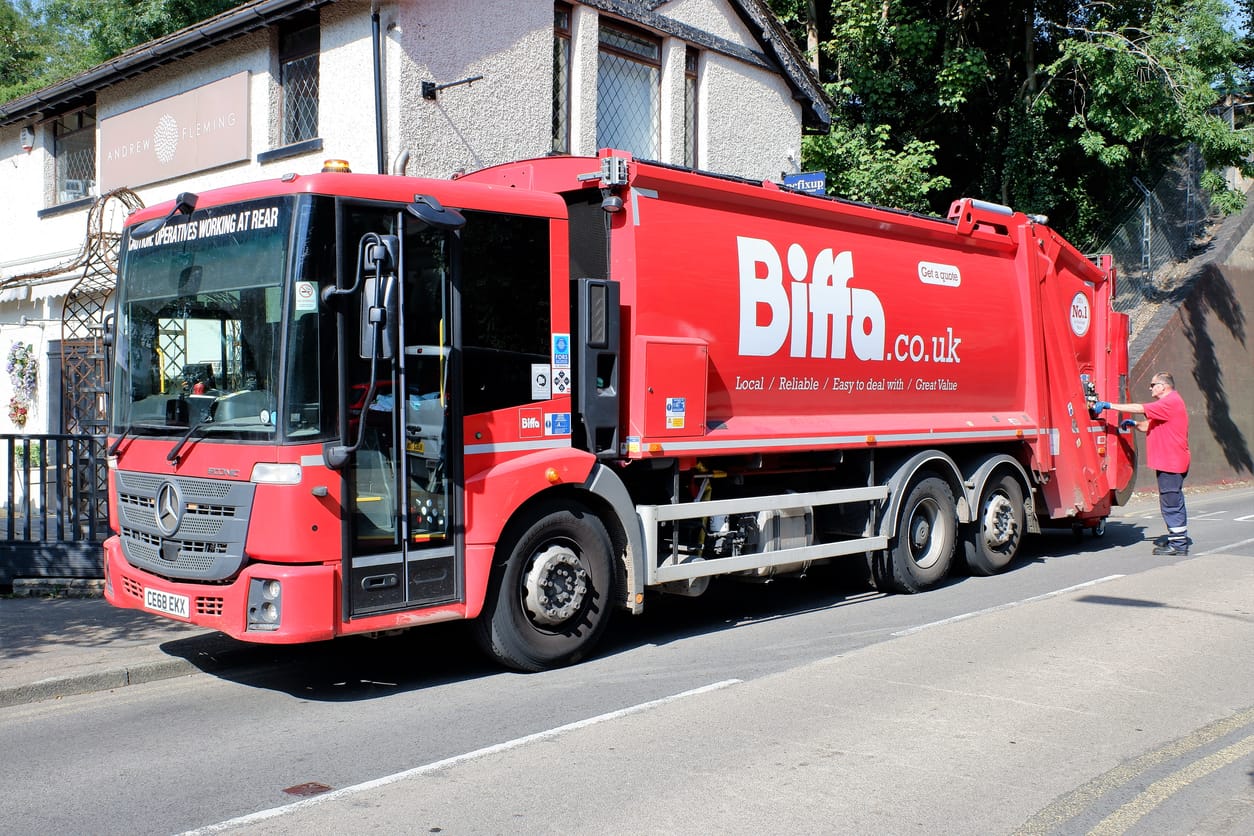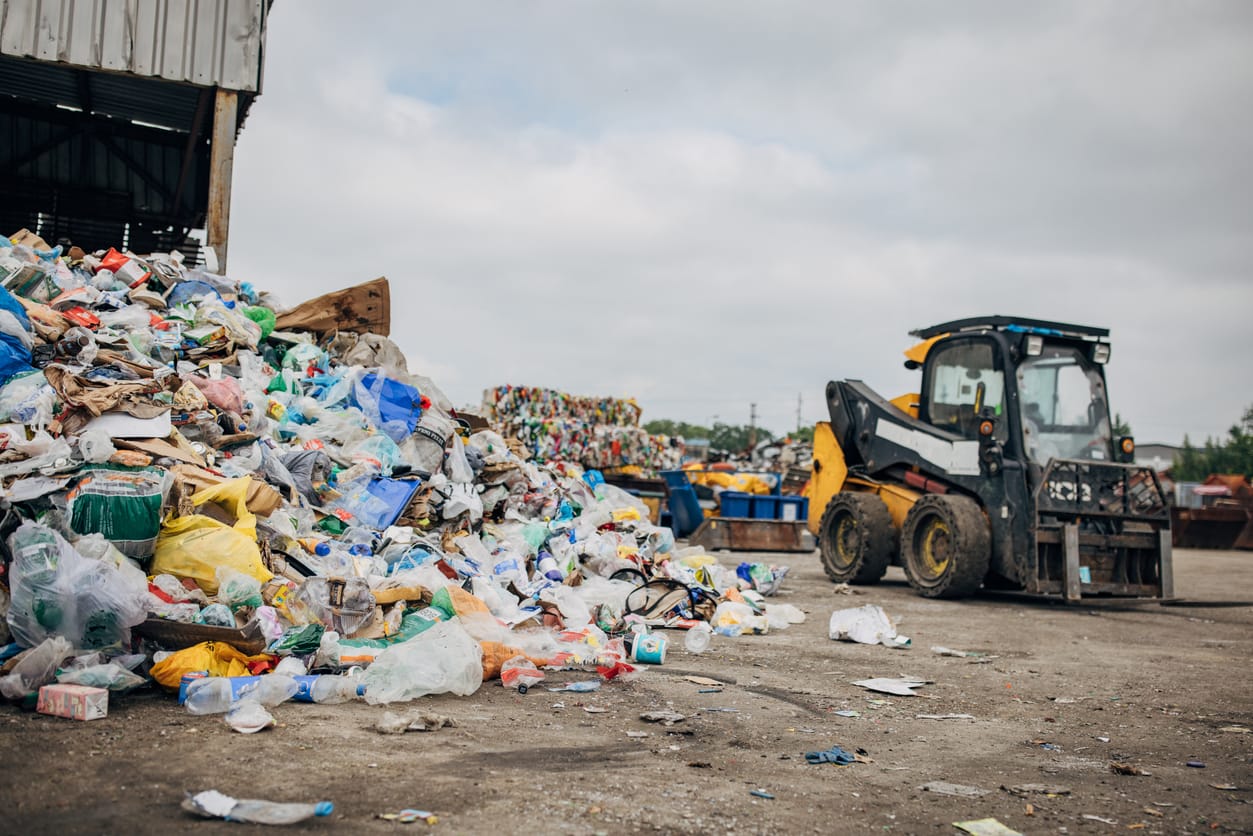Pick from our related articles...
You can find us on
Keep yourself up to date with Let's Recycle It latest news
Recycling At Home
So very often I hear moans and groans from friends and neighbours inflamed by something they saw in the news telling them their efforts to segregate their household waste have themselves been wasted. Their segregated waste just ends up in landfill anyway, or incineration or worse. However, as a member of the Let’s Recycle It team, I’d like to explain why it is vital you continue to make the effort to keep your waste segregated at home, at the office and anywhere else you produce it.
So, why should you keep good waste handling etiquette at home, and how does that assist frontline workers in the waste industry?
Let’s Recycle It, along with many other (but sadly not all) recyclers, are expert handlers of post-industry and consumer waste specialising in polymers – plastics to you and me. We pride ourselves on the seamless service we provide in taking plastic waste, matching it with the best suited end user and getting it there in the most responsible way possible.
Waste segregation is stipulated by legislation as it makes it a safer and more efficient process for the workers in the Material Recycling Facilities (MRFs). As Let’s Recycle It is an accredited waste handler, this is a top priority for us; we want to help workers to do their jobs as best they can and ensure that waste is treated in the most ethical way possible. Segregation of your waste at home means less of it will be sent to landfill or incineration, which makes it more cost-effective for recyclers and reduces harm to the environment.
So, when it comes to your waste at home, the office or wherever else, separate out any materials such as paper, card, plastics, cans, glass and so on. Even if it seems insignificant to you, the benefits to the recycling industry, and by extension the environment, are very real.
Hold on a moment, how exactly does segregating waste at home help frontline workers in the waste industry? A very valid question; there are a number of ways this helps, such as:
- Segregating your Dry Mixed Recyclables (DMR) at home, offices or public spaces helps make sure the materials are exposed to as few contaminants as possible. Keeping the waste material away from substances such as food or human waste, such as nappies, safeguards the recyclability of the material and protects workers from exposure to diseases that can be spread by such contaminants – a great concern to everyone at the moment.
- When MRFs receive DMR, if waste streams have already been segregated then they can be directed to the appropriate sections within the recycling facilities more quickly than they otherwise could. This cuts costs and saves time.
- When recycling firms are baling plastics, card, paper, cans or whichever material, segregated waste streams help to minimise cross contamination and therefore maximise the value of the recycled product. Increasing the profitability of recycling will increase the amount we recycle, which needs to happen if recycling targets will continue to be met going into the future.
- Heavy single stream recyclables without contamination can be baled at maximum bale weight, which will in turn reduce the capacity of transport required. This not only cuts costs but also the carbon footprint of transportation, something we all benefit from.
- Clean waste materials reduce the risk of exposing frontline workers to harmful substances that could cause injury or illness. This will save on time taken off work, as well as prevent further burden on our NHS which is under unprecedented stress.
Here at Let’s Recycle It, we encourage everyone to take a mature and realistic approach to all of your at-home recycling.
Hopefully explaining this has addressed any reservations you might have about the necessity of responsible recycling at home, in the workplace and in public.
Follow us to stay up to date on our latest news
If you would like to receive our newsletter to keep up to date with Let’s Recycle It news and to receive marketing information regarding our services, please let us know:


